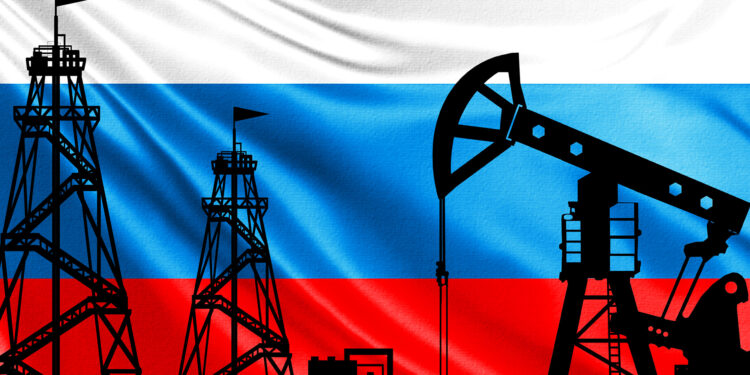India overtook China to become the world’s top importer of Russian oil in July, as Chinese refiners cut back on purchases due to lower profit margins on fuel production.
Russian crude accounted for an unprecedented 44% of India’s total imports last month, rising to a record 2.07 million barrels per day (bpd), up 4.2% from June and 12% from more than a year ago, Indian shipment data from trade and oil industry sources showed.
That exceeds China’s imports of Russian oil in July, which Chinese customs data show averaged 1.76 million barrels per day via pipelines and other shipments.
Indian refiners have been buying large quantities of Russian oil, which is being sold at discounted prices since Western countries imposed sanctions on Moscow and reduced their energy purchases from it after the outbreak of the war in Ukraine.
Iraq remained the second largest oil supplier to India last month, followed by Saudi Arabia and the UAE.
India’s crude oil purchases from the Middle East rose 4% in July, pushing the region’s share of India’s overall oil purchases to 40% from 38% in June, the data showed.
Russia production
Russia’s oil production in July exceeded the quotas set by the OPEC+ alliance, according to data released earlier this month, but the Energy Ministry pledged to adhere to the alliance’s supply schedule and compensate for the surplus.
Russia’s production in July fell compared to June, but exceeded targets by about 67,000 barrels per day due to one-time problems in the supply schedule.
The Energy Ministry said it would compensate for that with production levels in August and September.
OPEC share
Russia’s quota, including voluntary cuts, is 8.98 million barrels per day from June to September.
The International Energy Agency reported that Russia’s production in June amounted to about 9.22 million barrels per day, down from 9.24 million in May.
OPEC estimated Russia’s June production at 9.14 million barrels per day, down 114,000 from May.
The Energy Ministry added that Russia will compensate for its surplus production since April in October and November next year and from March to September next year.
Russian Deputy Prime Minister Alexander Novak said in July that exceeding Moscow’s quota had not caused any disagreement with OPEC+ members.



